
The Impact of Hormonal Changes on Urinary and Sexual Health
Throughout a person’s life, hormonal changes have a significant impact on their sexual and urinary health. The urinary system and sexual organs can be affected by hormone fluctuations, causing a variety of changes and potential difficulties. If you want to effectively address issues with your sexual and urinary health, it’s important to know how hormonal changes affect you. Consider these important points:
Puberty: The development of secondary sexual characteristics and the maturation of the reproductive system are significantly influenced by hormonal changes during puberty, particularly an increase in sex hormones like estrogen and testosterone. Females may begin menstruating and develop an increased interest in sexual activities as a result of these changes. Additionally, hormonal changes can have an impact on urinary function, resulting in nocturia (waking to urinate at night) or an increased frequency of urination.
Menstrual Period: Hormonal changes, primarily estrogen and progesterone, control the menstrual cycle. The uterine lining’s thickening and shedding are influenced by these hormones. Sexual desire and arousal, vaginal lubrication, and mood can all be affected by hormonal fluctuations during the menstrual cycle. During specific phases of their menstrual cycle, some people may experience changes in their urinary habits, such as an increase in urgency or frequency.
Pregnancy: Significant hormonal changes occur during pregnancy, particularly an increase in estrogen and progesterone levels. The development of the fetus is aided by these hormonal shifts, but they can also have an impact on sexual and urinary health. Changes in hormone levels can increase blood flow to the pelvic area during pregnancy, which can cause frequent urination, stress urinary incontinence (leakage of urine when doing physical work or coughing), and changes in sexual desire and sensitivity.
Menopause: Menopause is a characteristic stage in a lady’s life that includes a decrease in estrogen and progesterone levels, prompting the suspension of feminine periods. Various issues with sexual and urinary health can arise as a result of hormonal shifts during menopause. Normal urinary side effects incorporate urinary criticalness, recurrence, nocturia, and an expanded gamble of urinary parcel diseases. In addition, changes in hormones can alter sexual satisfaction, decrease libido, and cause dryness in the vagina.
Andropause: Men’s age-related hormonal changes, particularly a decrease in testosterone levels, are referred to as andropause, which can also be referred to as male menopause or late-onset hypogonadism. Sexual health and urinary function may be affected by these hormonal changes. Reduced libido, erectile dysfunction, decreased muscle mass, fatigue, and changes in urinary habits like difficulty initiating urination are all possible symptoms.
HRT: Hormone replacement therapy Hormone replacement therapy is a treatment option in which hormones like estrogen and testosterone are added to the body to treat symptoms of hormonal imbalances. Menopause and andropause symptoms can be managed with HRT, but it’s important to talk to a doctor about the potential benefits and risks.
It is essential to keep in mind that hormonal changes can have varying effects on individual health, including how they affect urinary and sexual function. Consult a medical professional if hormonal changes have a significant impact on daily life or cause distressing symptoms. They are able to offer suitable direction and treatment options that are tailored to the particular requirements of each person.
Contact UsRecent Post

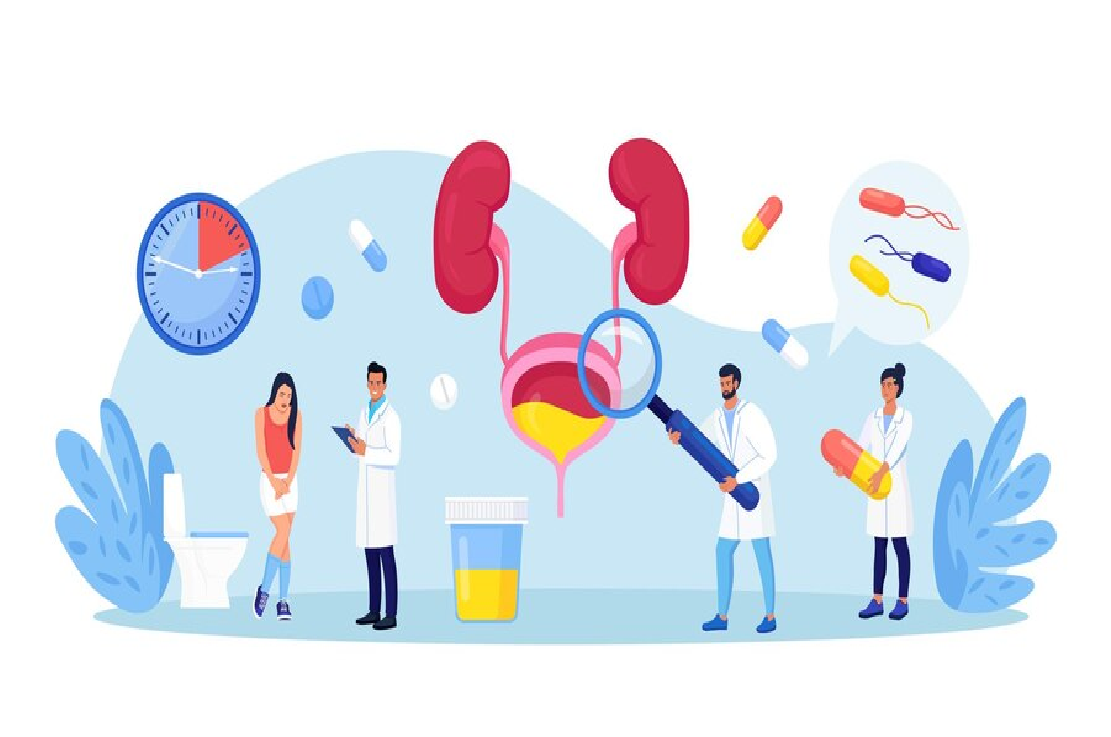
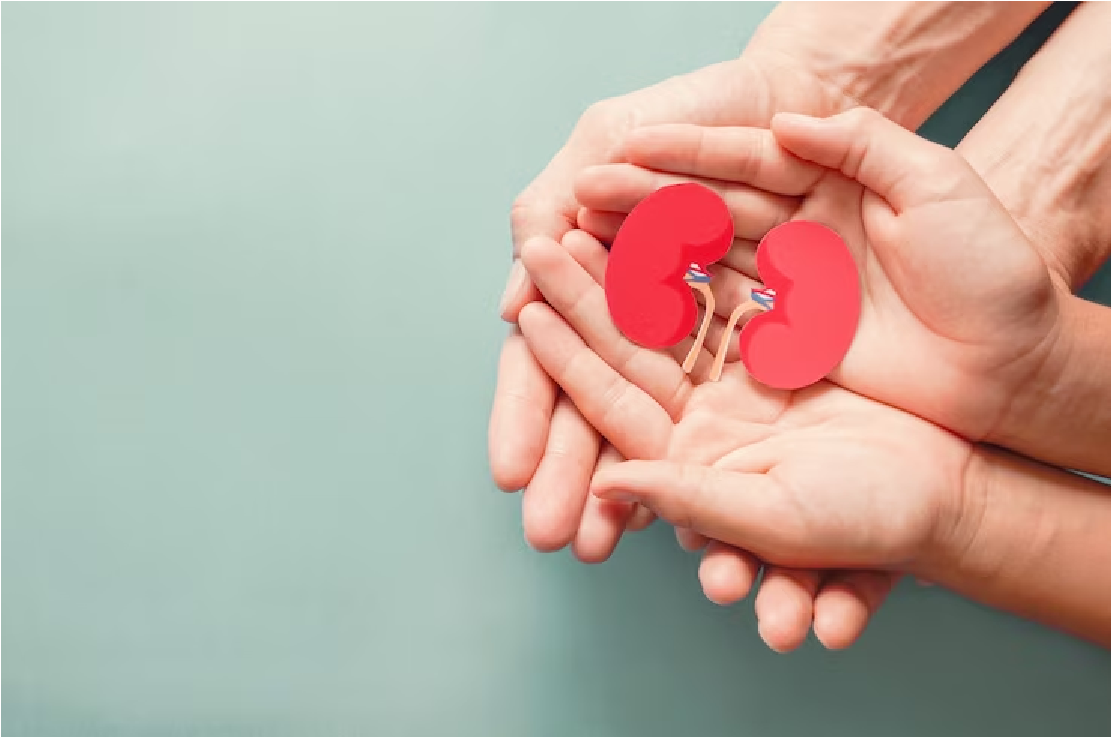



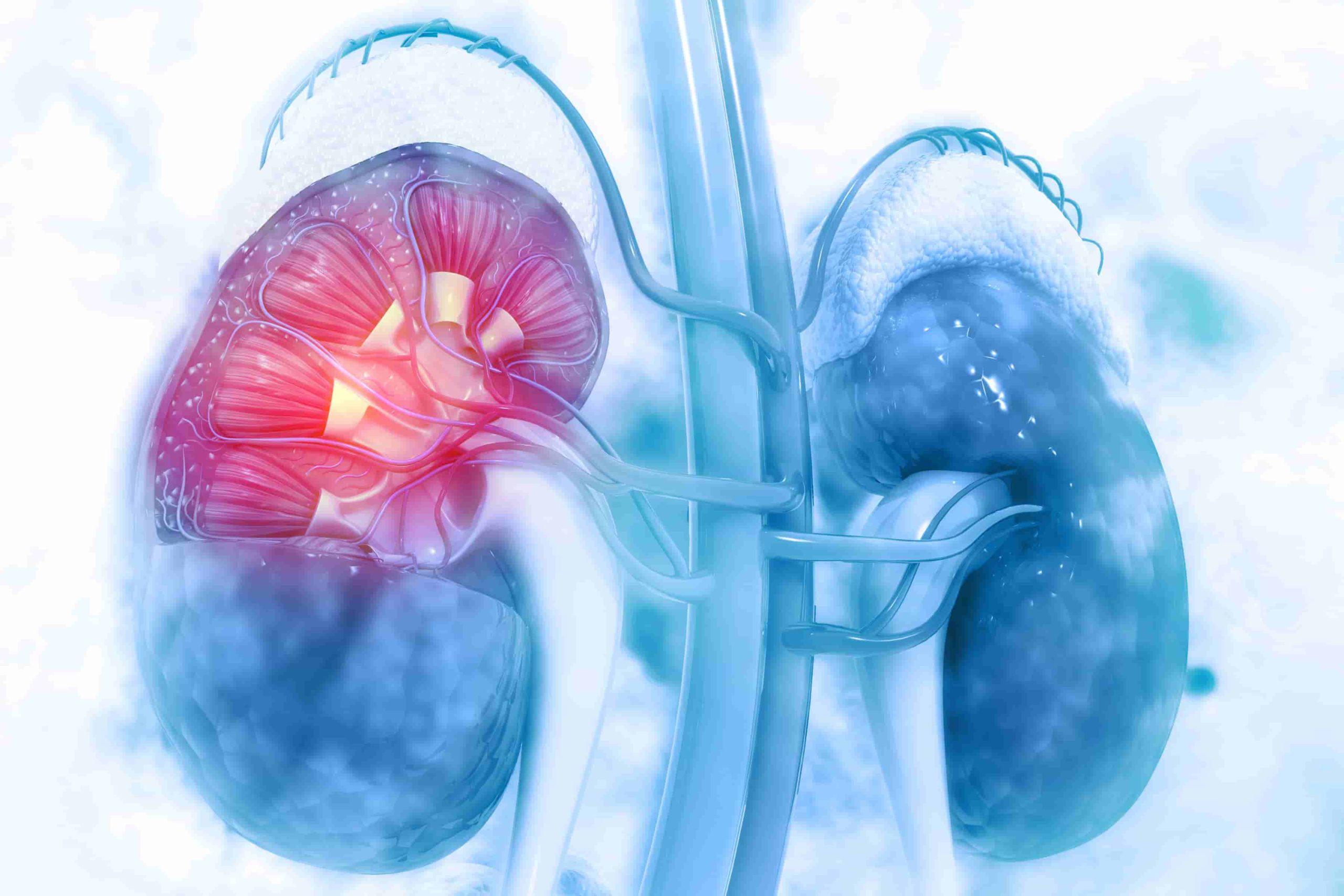


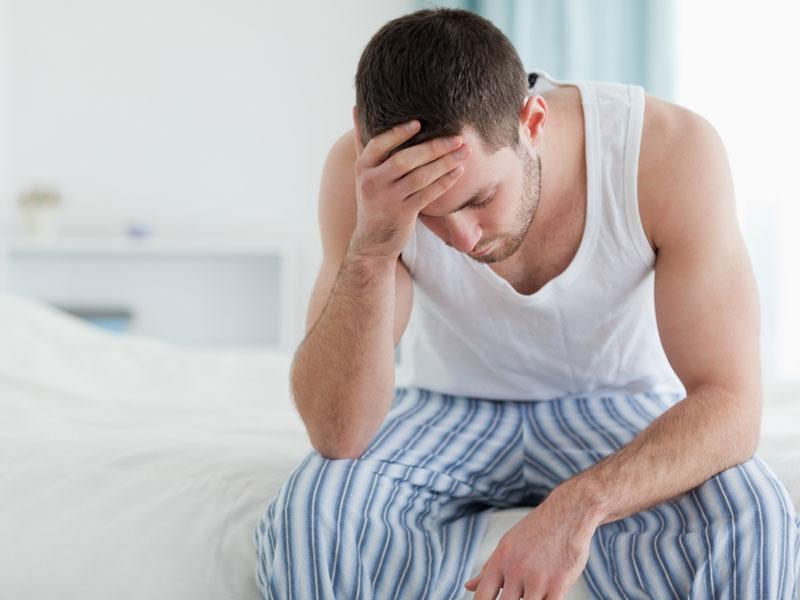


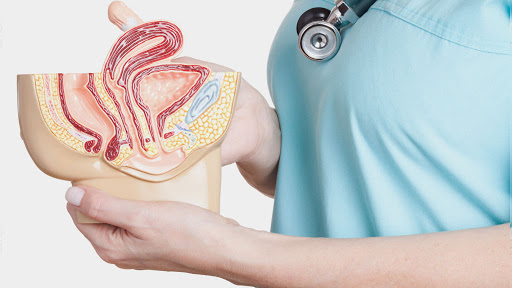

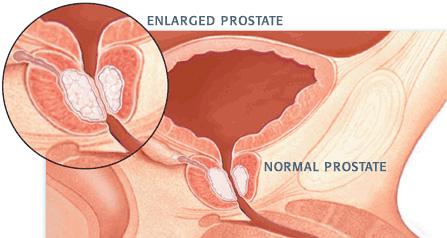




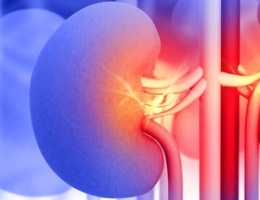
 English
English